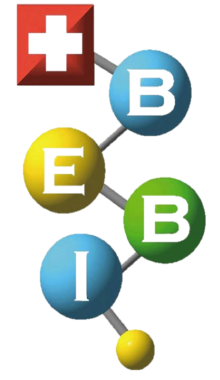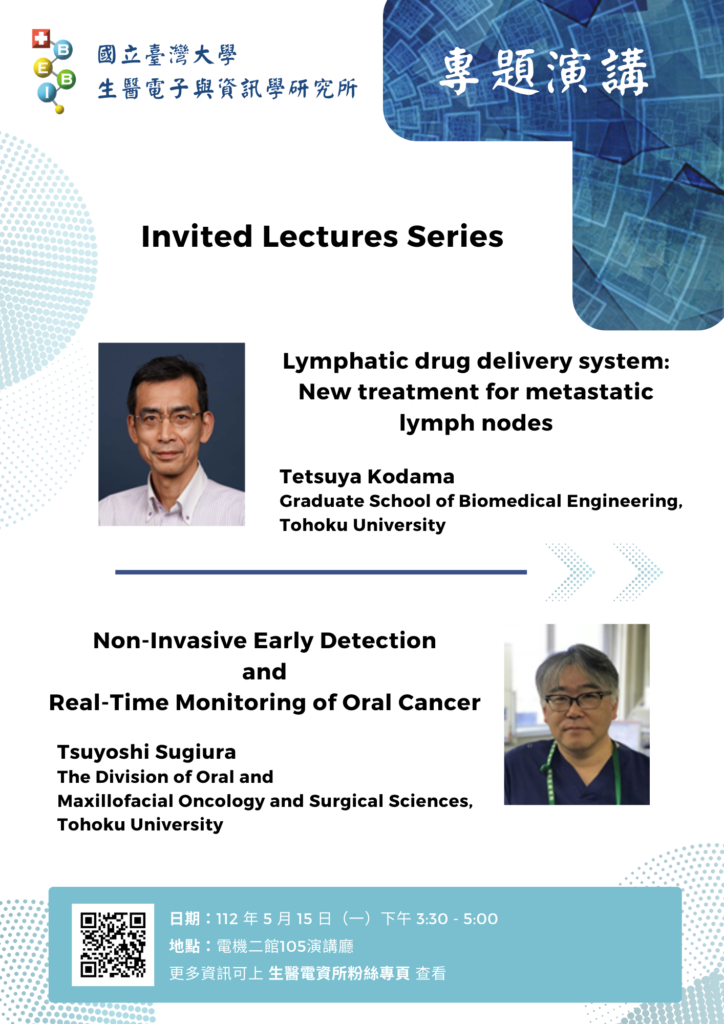- Faculty Academic Appointments
1992-1993 Visiting Scientist, Physical Chemistry Laboratory, University of Oxford, U.K.
1993-1994 Visiting Scientist, Medical Physics Department, Guy’S and St. Thomas’ Hospital Trust, London, U.K.
1994-2001 Research Associate, Institute of Fluid Science, Tohoku University, Sendai, Japan.
1998-2000 Instructor, Department of Dermatology, Harvard Medical School, Boston MA, U.S.A.
1998-2000 Assistant in Phsyis (Dermatology), Wellman Laboratories of Photomedicine, Massachusetts General Hospital, Boston MA, U.S.A.
2000-2001 Research Associate, Department of Medicine, Brigham and Women’s Hospital, Harvard Medical School, Boston MA, U.S.A.
2002-2004 Research Associate, Department of Imaging Sciences, Imperial College London, London, U.K.
2004-2008 Associate Professor, Biomedical Engineering Research Organization, Tohoku University, Sendai, Japan
2008-present Professor, Graduate School of Biomedical Engineering, Tohoku University, Sendai, Japan
2014-present Director, Biomedical Engineering Cancer Research Center, Graduate School of Biomedical Engineering, Tohoku University, Sendai, Japan
2022-present Education and Research Council, Tohoku University, Sendai, Japan
2023-present Director, Tohoku University Engineering Library
1987-2001, 2004-present – Japan Society of Mechanical Engineering
1996-1998, 2004- present – Japan Society of Ultrasonics in Medicine (Engineering Fellow)
2005- present – Japan Society of Drug Delivery Systems (Councillor)
2005- present – Japanese Cancer Association (Councillor)
2008- present – Japan Society of Clinical Oncology
2016- present – Japan Society of Lymphology
|講者:Tsuyoshi Sugiura, The Division of Oral and Maxillofacial Oncology and Surgical Sciences, Tohoku University
|主題:Non-Invasive Early Detection and Real-Time Monitoring of Oral Cancer
|摘要:The term “precision medicine” mainly refers to the precise analysis of genetic abnormalities in tumors and the targeting of treatment, but, even if genetic abnormalities are discovered, there is often no corresponding therapeutic drug. Only few cases reach treatment for this reason. Furthermore, it is known that oral cancer does not have characteristic “driver genes” related to carcinogenesis and malignant traits. Therefore, precision medicine needs to focus on precise and early diagnosis in oral cancer. However, the reality is that it is often discovered as a super-advanced case. In another aspect, cancer is diagnosed clinically based on “morphological changes” by visual inspection and palpation, and then pathologically by “morphological changes” of biopsy specimens. Accuracy of diagnosis largely depends on the subjective judgment and experience of the doctor. In addition, once the tumor is resected, diagnosis of recurrence and metastasis largely depends on imaging diagnosis, making real-time monitoring of the tumor difficult. Against this background, we have been developing a “precision diagnosis and monitoring” method that allows anyone to monitor the diagnosis of oral cancer easily, noninvasively, and continuously, which shows diversity. On this talk, I will introduce an ultra-sensitive diagnosis method for oral cancer with DNA methylation as an index using an oral rinse sample, and oral cancer diagnosis and metastasis monitoring with serum miRNA as an index.
|講者簡歷:
Dr. Sugiura is Professor of Division of Oral and Maxillofacial Oncology and Surgical Sciences at Tohoku University School of Dentistry and has been involved in oral and maxillofacial surgery, especially oral oncology and surgery, management and instruction, clinical and basic research, and higher education. In clinical practice, he specializes in oral cancer resection and reconstruction, and in research, he specializes in the development of cancer early detection technology using gene mutation as an indicator and its application in cancer treatment. He is currently a director/advising physician of the Japanese Society of Stomatology, a councilor/advising physician of the Japanese Society of Oral and Maxillofacial Surgeons, and a councilor of the Japanese Society of Oral Medicine. Dr. Sugiura obtained a doctorate in dentistry from Osaka University School of Dentistry and conducted research on invasion and metastasis of oral cancer while performing clinical work as a medical staff at Osaka University Hospital. After working as a Research Fellow at the CRC Institute for Cancer Studies at the University of Birmingham in the UK, he worked as an Assistant Professor in the Department of Oral Surgery at Kyushu University and Associate Professor in the Department of Maxillofacial Oncology at Kyushu University. In 2014, he became a professor in the Department of Oral and Maxillofacial Diagnostic and Surgical Sciences, Kagoshima University. In 2022, he became a professor in the Department of Oral and Maxillofacial Oncology and Surgical Sciences, Tohoku University, where he is today. He also takes the role of editor in some of SCI journals.

